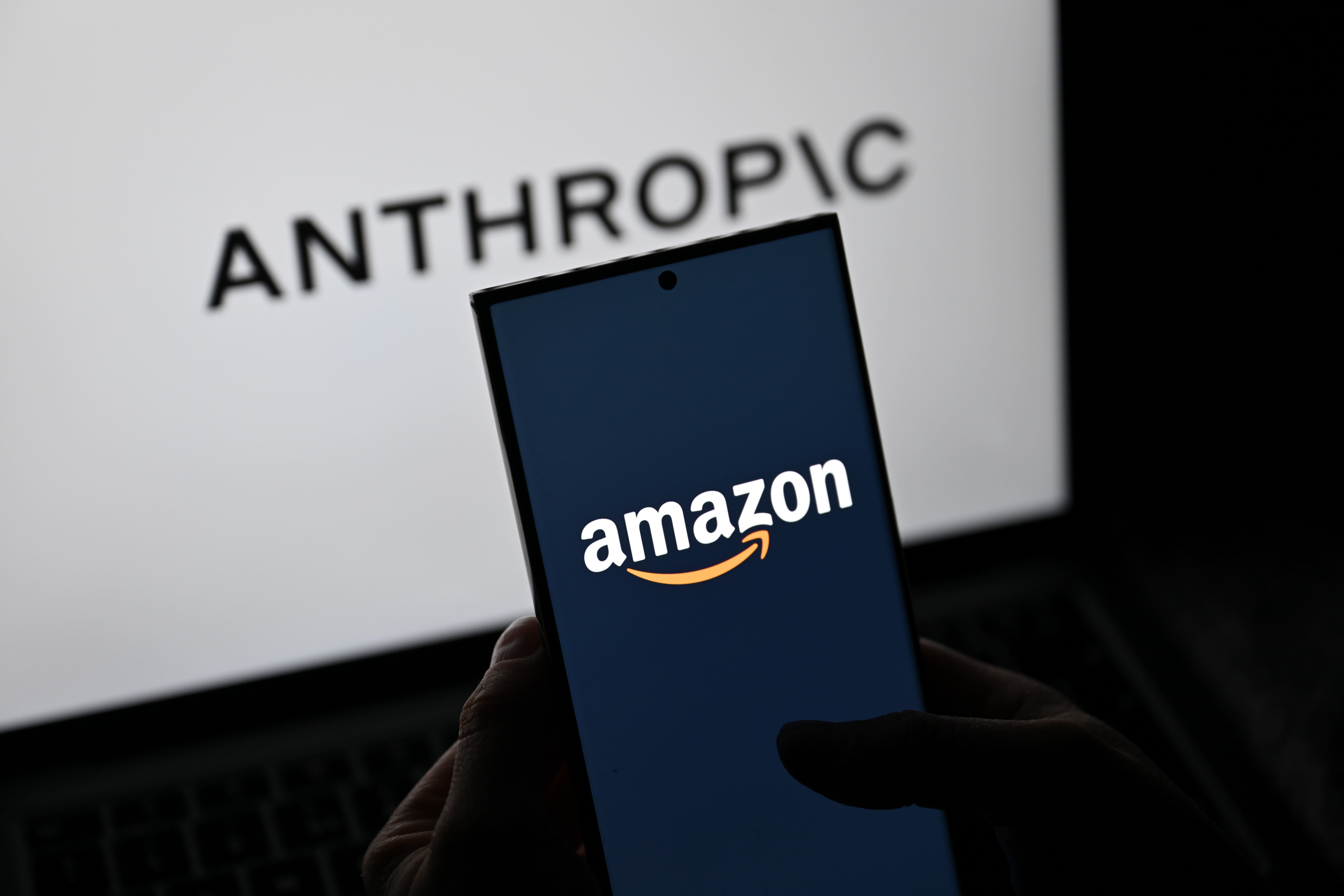Antitrust New Chapter: Amazon-Anthropic $4bn Under UK Investigation
Amazon has invested $4 billion in Anthropic and partnered to integrate its AI models into Amazon's Bedrock platform for generative AI applications.
The UK’s Competition and Markets Authority (CMA) has launched a formal investigation into Amazon's multibillion-dollar investment in AI startup Anthropic.
On August 8, the CMA announced that it had initiated a "Phase 1" investigation into Amazon's investment and collaboration with Anthropic to assess whether this deal could harm fair competition in the UK market.
According to public information, after completing an initial review of Amazon's relationship with Anthropic, the CMA has gathered "sufficient" information to launch a formal investigation.
The CMA now has 40 working days to determine if the transaction has monopolistic implications, potentially leading to a more in-depth "Phase 2" investigation. The final decision is expected by October 4.
In March of this year, Amazon completed its $4 billion investment in Anthropic, including an initial $1.25 billion equity stake last September, followed by an additional $2.75 billion transaction earlier this year.
As part of the deal, Amazon will integrate Anthropic's large language models into its Bedrock platform for developing generative AI applications. Additionally, these models will be trained and deployed on custom AI chips from Amazon Web Services (AWS), which will also serve as the primary cloud provider for Anthropic's critical workloads.
In response, an Amazon spokesperson expressed disappointment that the CMA is continuing with the Phase 1 preliminary merger investigation, stating that the partnership with Anthropic "does not involve any competitive concerns nor meets the CMA's threshold for review."
The spokesperson added that the investment is aimed at helping Anthropic enhance its AI technology's competitiveness, noting that Amazon holds no board seats or decision-making power at Anthropic, and that Anthropic is free to collaborate with any other vendors, which it indeed has.
Anthropic also responded, stating, "As an independent company, our strategic partnerships and investor relationships do not compromise our governance independence or affect our freedom to collaborate with other companies. Furthermore, Amazon has no board seats at Anthropic nor any board observer rights. We welcome the CMA to fully understand the details of Amazon's investment and our business collaboration."

Besides Amazon, Anthropic's other partners are also under the CMA's antitrust scrutiny. Last month, the agency began collecting feedback broadly to advance the investigation process.
Last year, Google committed to investing $2 billion in Anthropic after acquiring more than $300 million in shares. Anthropic has made Google's latest model, Claude 3.5 Sonnet, available on both AWS and Google Cloud.
Over the past few years, Google, AWS, and Microsoft have provided substantial funding to numerous generative AI startups. Since its founding in 2021, Anthropic has raised $10 billion, with more than half coming from Google and Amazon.
Reports from December last year indicated that Anthropic was seeking to raise an additional $750 million, but the antitrust review could temporarily impact its fundraising progress in the cloud market.
In March this year, Microsoft acquired the core team of OpenAI competitor Inflection AI, and last month, the CMA expanded this case into a full-scale investigation. However, the CMA has not yet disclosed whether it will initiate a "Phase 1" investigation into Microsoft's multibillion-dollar deal with OpenAI.
In the United States, the Federal Trade Commission (FTC) is also investigating several tech companies and their investments and collaborations with AI firms.
In January, the FTC issued orders to Microsoft, Amazon, Google, OpenAI, and Anthropic, requiring them to provide detailed information about their recent investments and collaborations.
Some smaller tech companies have also accused tech giants of seeking a competitive advantage by taking stakes in key AI systems companies, thereby bringing them closer to AI startups and leveraging their advanced technologies.
In May, Appian CEO Matt Calkins stated that acquiring as much data as possible and buying shares in fast-growing AI startups won't necessarily lead to success in the AI field. He argued, "AI is not a winner-takes-all market; the key lies in the clever application of AI algorithms, not just financial strength."
·Original
Disclaimer: The views in this article are from the original Creator and do not represent the views or position of Hawk Insight. The content of the article is for reference, communication and learning only, and does not constitute investment advice. If it involves copyright issues, please contact us for deletion.